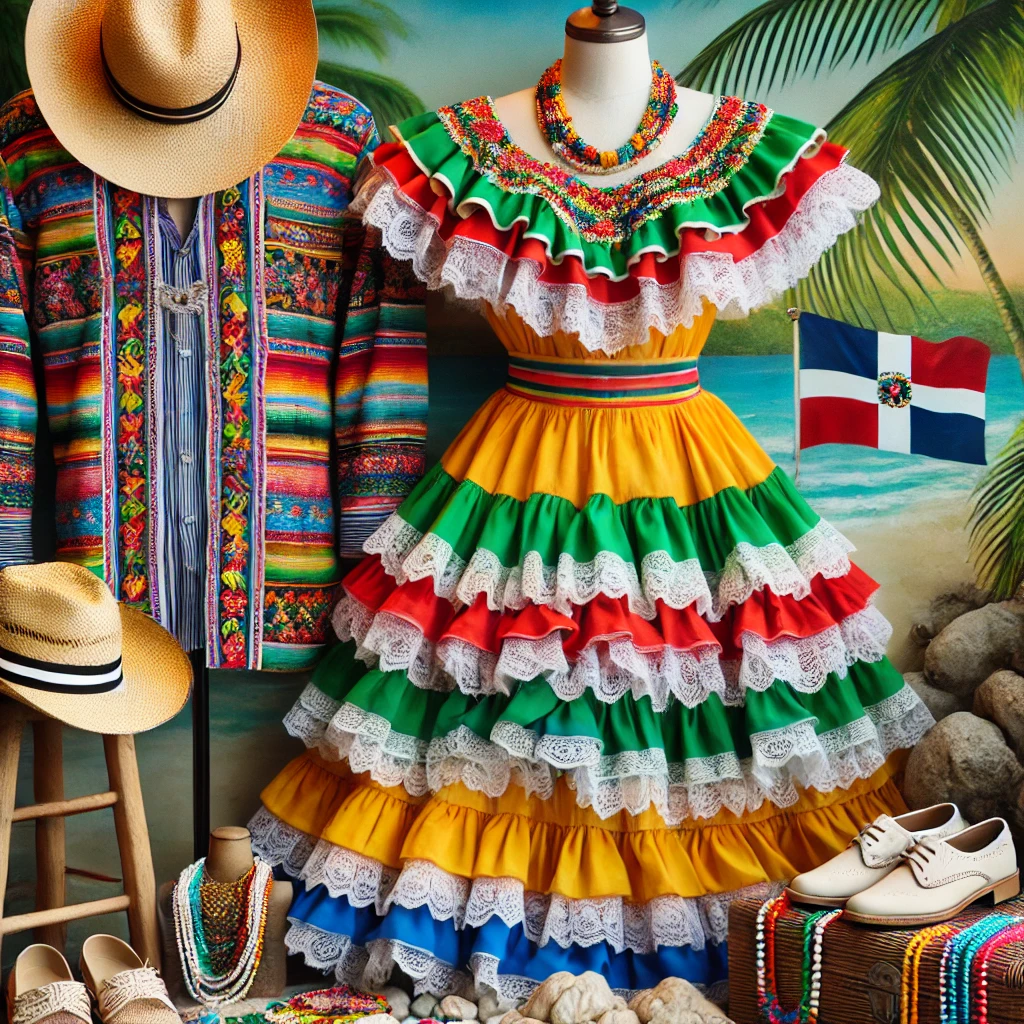The Dominican Republic has a Spanish language full of unique expressions that reflect its vibrant culture and way of life. In this article, we will explore some Dominican Spanish slang related to clothing. If you are learning Spanish and want to know terms used on the island, this list will be very helpful.
1. Footwear and Accessories
In the Dominican Republic, many words used to describe footwear and accessories have a local touch. Some of the most common ones may differ in other countries are:
- Chancletas: Rubber sandals that are worn for comfort at home or for casual outings. They are very popular due to the country’s warm climate
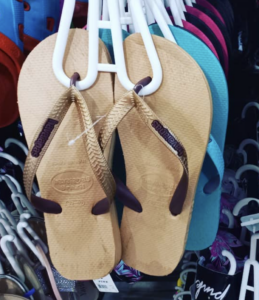
- Samurai: In the Dominican Republic, “samurai” refers to thin-soled sandals with sturdy straps, widely used daily.
- Example: “Voy a la playa con mis samurai.” / “I’m going to the beach with my samurai sandals.”
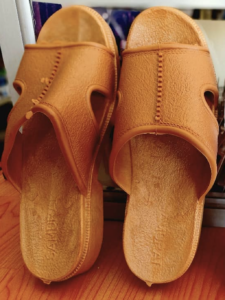
- Example: “Voy a la playa con mis samurai.” / “I’m going to the beach with my samurai sandals.”
- Medias: This refers to socks, whether short or long.
- Example: “Mis medias favoritas son las de colores vivos.” / “My favorite socks are the brightly colored ones.”

- Correa: A strap or belt used to fasten or secure something, commonly used in shoes, bags, or for safety purposes.
- Example: “Make sure to tighten the strap on your backpack.” / “Asegúrate de ajustar bien la correa de tu mochila.”
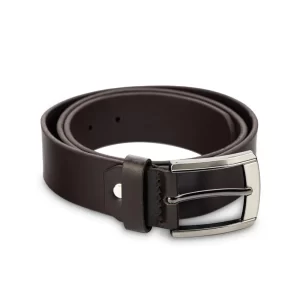
2. Casual and Everyday Clothing
In daily life, Dominicans use specific Dominican Spanish slangs words to refer to common clothing items:
- Franela: Unlike other countries where “franela” refers to a type of fabric, in the Dominican Republic, it simply means a cotton T-shirt, usually without a collar. It can be short-sleeved or sleeveless.
- Example: “Hace calor, me pondré una franela.” / “It’s hot, I’ll wear a T-shirt.”
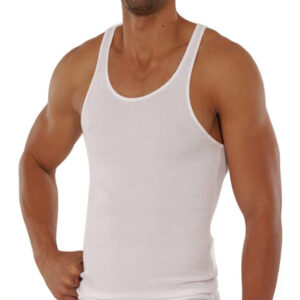
- Polocher: This term comes from the English “polo shirt” and refers to a collared shirt with buttons at the top. It is common for casual meetings or informal events.
- Example: “Para la cena usaré un polocher elegante.” / “I’ll wear a stylish polo shirt for dinner.”
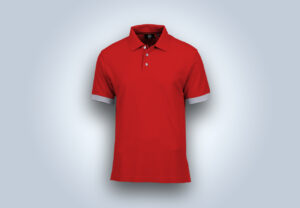
- Tiritos: In the Dominican Republic, “tiritos” refers to tank tops with thin straps, usually worn by women.
- Example: “Compré unos tiritos nuevos para el verano.” / “I bought some new tank tops for summer.”
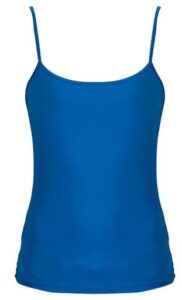
- Chacabana: A lightweight fabric shirt, usually long-sleeved, with pleats on the front, widely used for formal events and warm climates.
- Example: “Los hombres usan chacabana en bodas elegantes.” / “Men wear chacabana shirts at elegant weddings.”
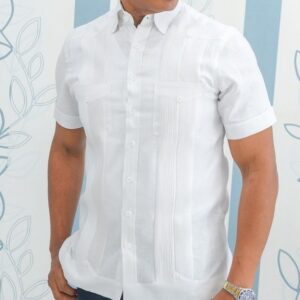
- Bermudas: Knee-length shorts, commonly worn in tropical climates for a relaxed and fresh style.
- Example: “Voy al parque con mis bermudas y chancletas.” / “I’m going to the park with my shorts and sandals.”
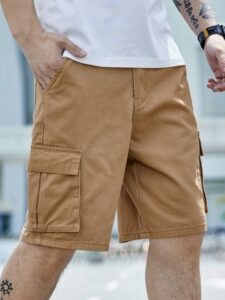
- Licra: Tight and elastic clothing, mainly used for exercising or as comfortable daily wear.
- Example: “Hoy voy al gimnasio con mi licra nueva.” / “Today I’m going to the gym with my new leggings.”
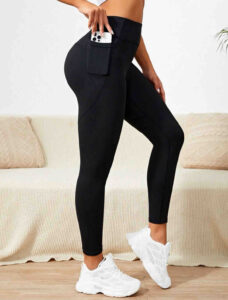
3. Expressions and Useful Tips
Besides individual words, Dominicans use expressions related to clothing that can be helpful for Spanish learners:
- “Está en pinta”: Used to say that someone is well-dressed or looks elegant.
- Example: “¡Mira a Juan, hoy está en pinta para la fiesta!” / “Look at Juan, he’s all dressed up for the party!”
- “Anda en fachas”: Means that someone is dressed sloppily or in an unpresentable way.
- Example: “No puedo salir así, estoy en fachas.” / “I can’t go out like this, I look sloppy.”
- “Andar tirao”: Used to describe someone who is dressed very carelessly, unkempt, or not put together at all.
- Example: “Desde que empezó a trabajar desde casa, anda tirao todo el día.” / “Since he started working from home, he dresses like a mess all day.”
Learning Dominican Spanish slangs and expressions will help you communicate better and understand Dominican Spanish slang more easily. If you visit the Dominican Republic, you will hear these terms in everyday conversations and be able to use them to better integrate with the locals. Keep practicing and keep learning!
Book a Trial Lesson





